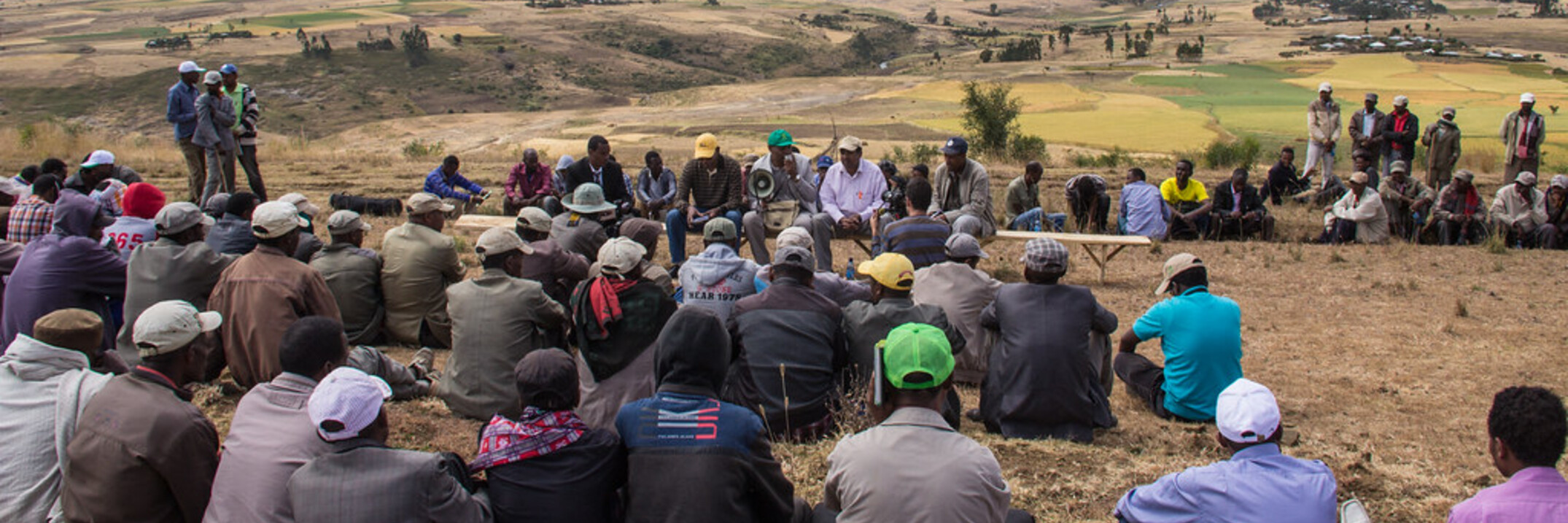To fulfill the growing demand for wheat consumption, it is important to focus on enhancement breeding strategies targeting key parameters such as yield, thousand kernel weight (TKW), quality characteristics including morphological traits, and protein...


